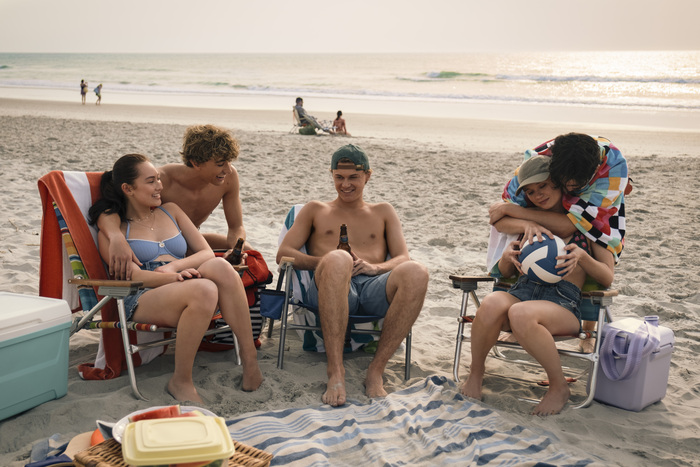The sunflowers are blooming at Southwest Florida International Airport and Ontario International Airport this summer. Both airports are the newest travel hubs to join the Hidden Disabilities Sunflower program. The initiative is dedicated to providing better service to travelers flying with hidden disabilities.
The Hidden Disabilities Sunflower program started in 2016. Using sunflower lanyards, airport staff can identify travelers who have disabilities that aren’t easily recognizable, according to the program’s website. The lanyards can be found in a variety of retail, travel, and tourism hubs including more than 200 airports worldwide. Making the invisible visible in destinations like the United States, Australia, Latin America, and more, the distinct sunflower lanyard is changing the standard for how the travel industry interacts with disabled guests.
“Traveling can be stressful, especially for people who need extra help in navigating busy airports,” executive director of the Lee County Port Authority Ben Siegel said to WGCU. “Using the Sunflower lanyard is a simple way to let airport personnel know someone may need more time and patience. It also demonstrates we care about our guests at RSW and want to make the effort to be helpful and understanding.”

Accommodating Disabled Travelers
According to the CDC, around 61 million adults across the US identify as having a disability. About 10 percent of those individuals have an invisible disability that cannot be seen or recognized from their physical appearance. The voluntary sunflower lanyard allows disabled travelers to immediately be identified if they have problems while in the facility and tended to according to their needs.
The program is simple and efficient. Travelers can access free, voluntary sunflower lanyards from the Visitors Information booth within their terminal. If they need assistance, airport staff can get them what they need.
In an interview with The Washington Post, traveler Tessa Watkins experienced the benefits of having the sunflower lanyard while traveling with their family. Watkins, who is autistic with post-traumatic stress disorder, enjoys the concept of being recognized as disabled without speaking. Although starting conversations can be difficult for them, the sunflower lanyard gets their needs met comfortably.
While Watkins and their family had a positive experience with the lanyards at the Pittsburgh airport, they have realized not all airports have properly trained their staff on assisting passengers with invisible disabilities. They recounted an incident at Heathrow Airport when airport staff was insensitive to their family’s needs when their daughter began panicking due to sensory overload in the terminal.
Eventually, a trained staff member came to their aid. However, Watkins was overwhelmed by the scene and feels airport workers should be properly trained in handling lanyard wearers.
“I felt like this was traumatizing for me, my child, and everyone around us, having to witness this,” they said.
Measuring The Program’s Success
Training on the Hidden Disabilities Sunflower program is voluntary for airport staff. According to the Washington Post, the Denver International Airport spent $4,000 on the program in May 2022. Despite inviting staff to complete the training there was no way to track its completion rate or the success of the overall program.
“With over 30,000 employees at DEN, including airline staff, wheelchair personnel, and retail and dining staff, widespread education can be difficult, especially with high turnover in many of these areas,” said airport spokeswoman Stephanie Figueroa. “DEN is working on expanding the training and we will continue to work on how we can get more information to our airline partners.”
Although the strategy for airport training is still developing, Watkins believes the sunflower lanyard is beneficial and is a catalyst for conversations about accommodating disabled travelers.
“Once you know that someone has an invisible disability, … you can start having those conversations and learning how to best assist that individual,” she said.





